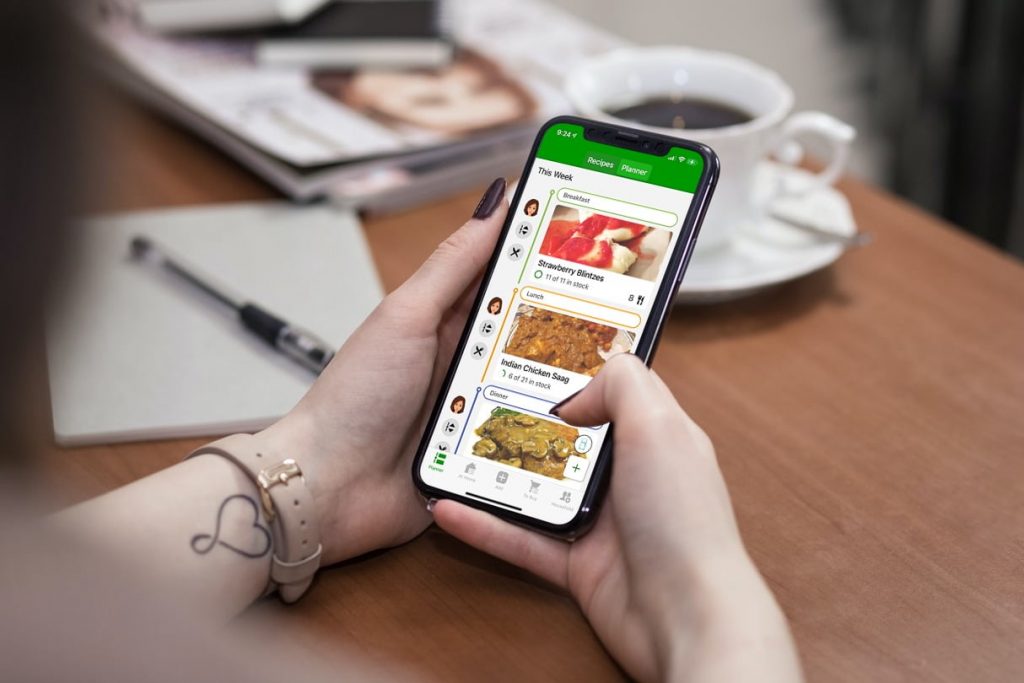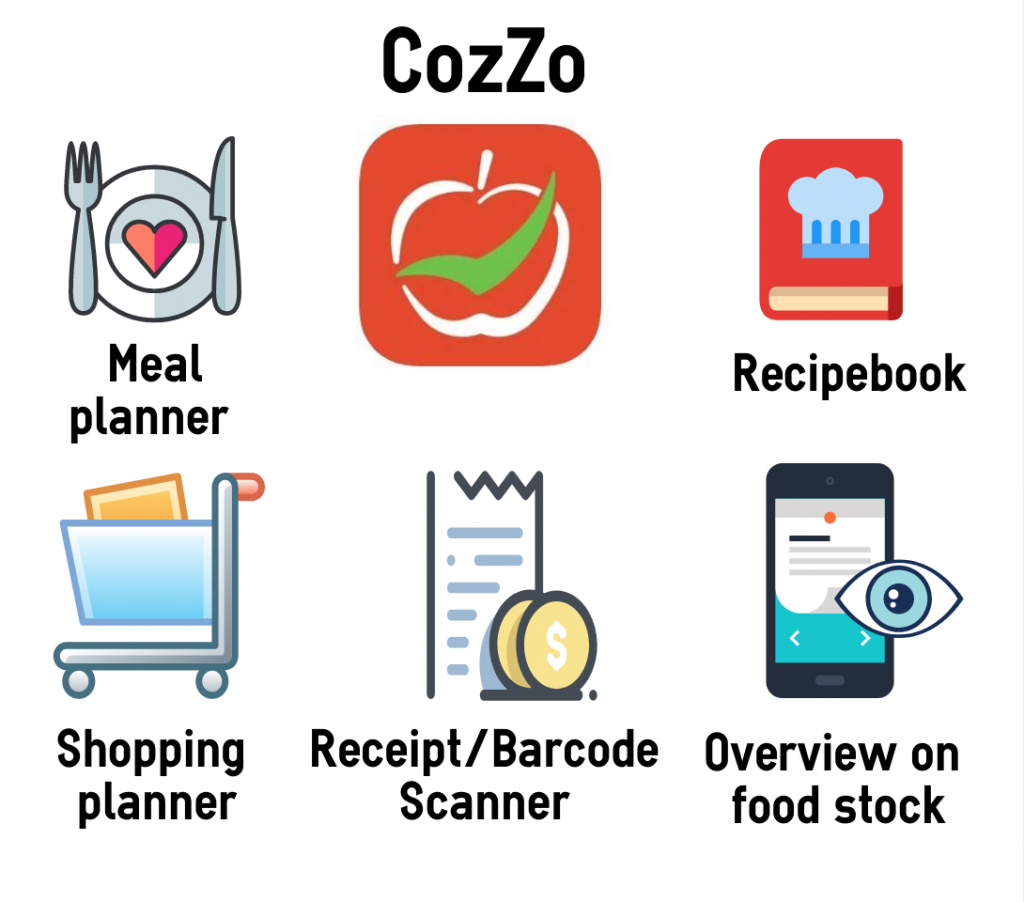
CozZo app in LOWINFOOD: How to scientifically assess the usefulness of households food waste prevention apps
In the course of LOWINFOOD, technical innovations to avoid food waste will be tested and evaluated. A particular focus is on food waste prevention at the household level – no other “player” in the food value chain generates so much waste. In order to achieve the ambitious development goals of the United Nations – namely to halve per capita waste generation at the household level by 2030 – strategies must be found quickly and sustainably that motivate and support consumers in reducing it.

LOWINFOOD has selected the CozZo app to help face this challenge. CozZo is a food, home & personal supplies manager, combined with versatile shopping and meal planners, which helps users avoid food waste by tracking what they have and when it expires. The system reduces users’ product management efforts with suggestions and auto-update algorithms based on predictive self-learning technology.
In the course of the project, The CozZo app will be tested in Finnish, Greek and Austrian households. At this point, we would like to give a first insight into the scientific approach. There are two main challenges for the project team at the beginning:
– Finding participants: On the one hand, they need to be in possession of an IPhone, IPad or Apple Watch, as the CozZo app is not yet available on Android devices – on the other hand, they need to be willing to test the app for several weeks and help collect the required data and of course have different characteristics concerning the household-type (e.g. multi- and singleperson-households, flat-sharing-communities etc.) and also other characteristics like age and residential areas will be taken into account.
– Find a suitable method for implementation: The generated food waste must be collected or in another way recorded before and during the use of the app (quantity and composition) – on the one hand, it is important to collect the most accurate data possible and, on the other hand, to require as little work as possible from the consumers, as otherwise the willingness to participate is severely limited. The project team decided to use separate buckets for the collection of food waste as it is most convenient for the participants. After a certain period, the content will be weighed and sorted by scientists. Additionally, a questionnaire will be performed to gain qualitative data.
First results are expected in summer 2022!
Share on Facebook Share on Twitter Share on Pinterest